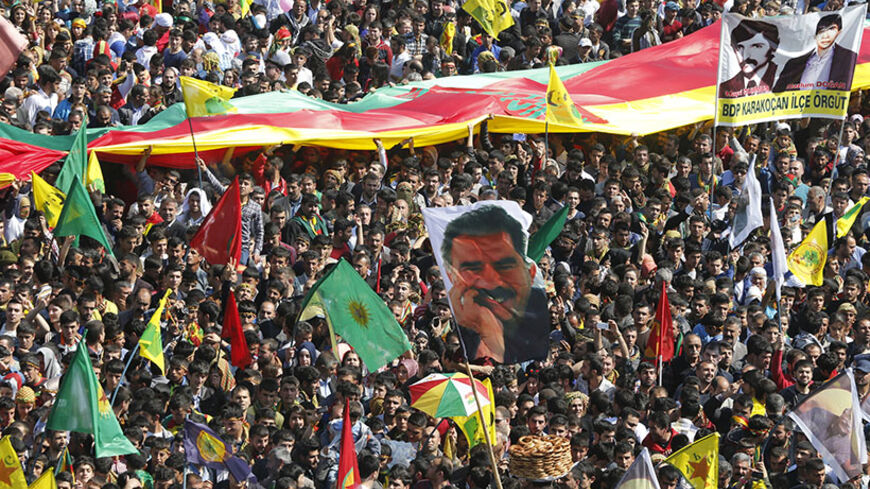The world is apprehensively watching the dramatic rise and expansion of the Islamic State (IS) in Iraq and Syria. The jihadists becoming the No. 1 threat to global security is no doubt a grave development and an appropriate focus of international attention. Yet, the jihadist threat should not overshadow the interrelated rise of another power in the region: Turkey’s Kurdish movement, the Kurdistan Workers Party (PKK).
Created in 1978 by Abdullah Ocalan and his comrades, the PKK started out as an armed, leftist, separatist organization. Since then, it has evolved into a movement that today enjoys political and military might and a popular base across all the Kurdish-populated regions in the Middle East. The PKK’s armed insurgency in Turkey that began in 1984 has gone through ups and downs marked by periods of serious bloodshed. The PKK is currently in a “state of non-conflict” as part of its engagement in the “peace and settlement process” the Justice and Development Party (AKP) government initiated in 2012.



